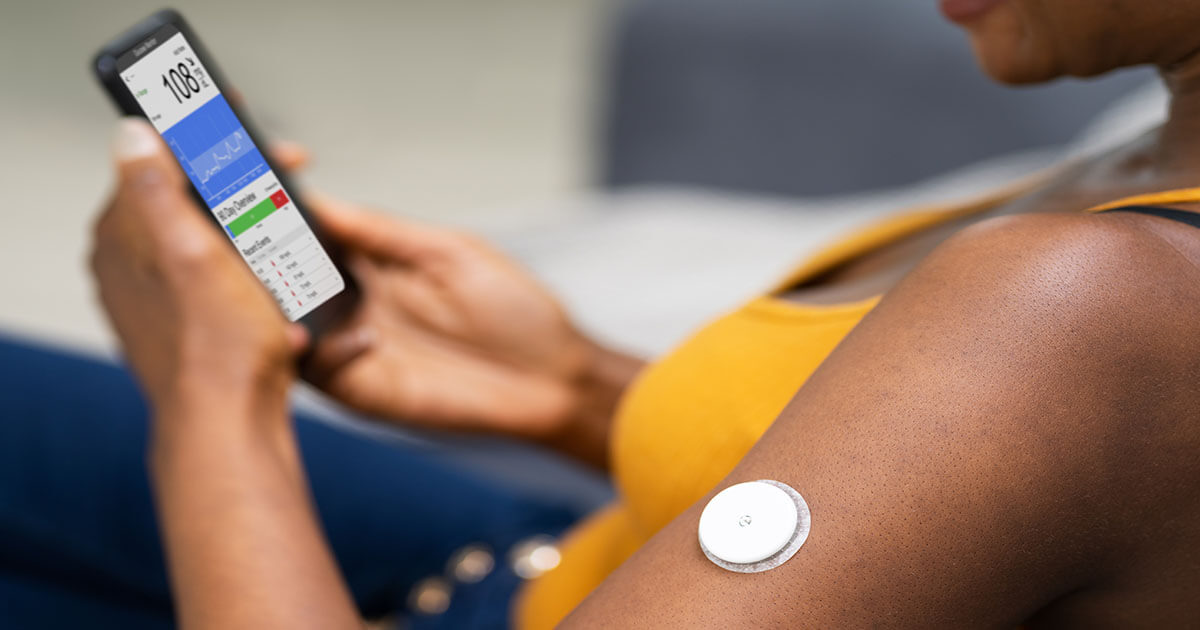Type 1 diabetes is undoubtedly a 24-hour condition and does not always pick the most convenient time to behave unexpectedly, especially for newly diagnosed children whose families are just beginning to learn how to deal with high and low blood glucose levels, illness, hormonal changes and all the other challenges that a diagnosis of diabetes brings. While some families are fortunate enough to be able to phone their diabetes specialist nurse or consultant at any time of the day or night if they need help, others are less well provided for and may only be able to contact a non-specialist who is unfamiliar with type 1 diabetes.
The provision for out-of-hours services (from 6 p.m. to 9 a.m.) for children with diabetes varies widely across the country and, although some diabetes teams are able to offer access to the team using a rota to ensure there is one member of staff available at all times, others will rely on the paediatric ward or the on-call paediatric registrar.
In order to better understand the way that out-of-hours services are currently used, the Families with Diabetes National Network conducted a survey through its Facebook groups. The survey was advertised in clinics using posters and some clinics also promoted the survey by email. A range of questions, most of which had multiple-choice answers, were presented, although respondents were able to select “Other” for each question and enter free text. It was not compulsory for all of the questions to be answered. This article presents some of the highlights from the responses.
The survey was completed by 581 parents of offspring with diabetes who ranged from babies to young adults. Of these, 37% (n=214) were following a multiple daily injection regimen and 62% (n=360) were using insulin pumps either with or without continuous glucose monitoring. The majority (nearly 80%) received their care at their local hospital, with the remaining 20% travelling out of their area for care.
We established that 57% (n=339) of respondents had used an out-of-hours service in their area, while 36% (n=211) had never used one and 7% (n=42) had used one outside of their area. Of those that had never used one, 57% (n=121) had not needed to, 26% (n=55) were unaware that it was available and 18% (n=38) were sure it was not available.
Naturally, there is concern among healthcare professionals about the timing of out-of-hours calls, so we asked those that had used such a service at what times they had used it. The responses showed that 42% (n=204) had called during the evening between 6 p.m. and 10 p.m., 32% (n=155) between 10 p.m. and midnight, 20% (n=98) between midnight and 7 a.m. and 10% (n=47) in the morning between 7 a.m. and 9 a.m.
In order to understand what provision is currently available outside normal working hours, we asked parents what arrangements were in place in their areas. Of respondents to this question, 51% (n=275) had been told to call the paediatric ward at their local hospital. Nearly 20% (n=106) had to use the on-call paediatric registrar, 16% (n=87) had a mobile number that gave 24-hour access to their diabetes team, while the remainder did not know or had other arrangements not covered by the options already described.
Given the picture we had built up, we were interested to learn how parents would seek advice after hours. More than half (55%; n=300) told us that they sought advice from social media, mostly Facebook with one mentioning Twitter. While those that had access to 24-hour support were clearly able to contact their diabetes team, the remainder mentioned their local accident and emergency department or children’s ward, sometimes with reservations. A few cited a variety of sources of information including friends, NHS Direct, the internet and calling 999. It is worth mentioning that the numbers who said they would use social media is very likely to be higher than in the wider population of families with children with diabetes because of the way the survey was distributed. There was a marked difference between day and night, with 90% (n=486) of responses citing their diabetes team as the main source of advice during the day.
The survey also asked about parents’ experience of using out-of-hours services. Of those that had used the service (n=388), 60% (n=234) felt they were well supported. However, the remaining parents felt less supported, commenting that it depended on who they spoke to and the level of knowledge that the person had. When asked if they were confident in the advice they received, 32% were not confident. Their explanations included the following:
“They did not know what to do when his levels were high.”
“Non-specialist nurse. However, she phoned someone who knew more than she did and got back to me.”
“This particular nurse had no knowledge of it whatsoever and openly admitted it.”
“The children’s ward were not very knowledgeable about type 1, they waited to speak to the PDSN [paediatric diabetes specialist nurse].”
“He had very basic knowledge as he was a general kids’ doctor not a diabetes specialist.”
“He told me he had limited knowledge on type 1.”
“I could even hear them turning the pages in the sick-day rules booklet as they read it out word for word!”
Most (73%; n=99) of those who had said they had not felt supported by the out-of-hours service had sought further advice using Facebook or the Children with Diabetes mailing list, which also has a group on Facebook. The use of Facebook for out-of-hours advice naturally concerns healthcare professionals, but it can be a source of reassurance and advice if used properly. Not all advice will be accurate, but there is a self-regulating tendency in well-moderated groups with many parents responding to an initial post to build up a plan of action and offer support. A recent conversation which is typical of the use of Facebook for out-of-hours advice is shown in Box 1.
Our last question was: “If there is one person you would like to be available out-of-office hours, who would it be? Please put these in order of preference.” The order of preference of the five options provided (shown below) clearly illustrates that parents need expert advice, yet more than 50% of our respondents had been given the paediatric ward number for out-of-hours calls:
- PDSN.
- Paediatric diabetes consultant.
- Medical professional trained in type 1 diabetes.
- General paediatric consultant.
- Children’s ward.
Conclusions
After reading all of the comments submitted and looking at the data, we concluded that there is clearly a need for more robust out-of-hours advice for families with children with type 1 diabetes. Target HbA1c levels are getting lower, yet fear of hypoglycaemia remains uppermost in the minds of parents, especially at night time. It is not surprising that, given these fears and the perceived lack of professional support, many families choose to run blood glucose levels higher overnight, which makes optimal control difficult. Extremes of blood glucose, both high and low, can result in expensive hospital admissions that could be avoided with better out-of-hours support. Anecdotal evidence suggests that inexperienced ward staff and paediatric registrars might even encourage admissions if they are unable to offer expert advice.
There are many potential innovative solutions to the problem of providing out-of-hours services. Local on-call rotas can be excellent and have worked very well in certain areas. However, a national helpline may appeal to parents especially where no expert advice is available locally out of hours. The growing use of social media by families for out-of-hours support could also suggest another alternative solution for healthcare teams to use the internet to provide real-time online support. Some clinics are already using Skype for consultations and many now have websites where key information can be accessed at any time. There are many new technologies available to the population at large. There could be huge gains to both patient and healthcare professional alike in harnessing them.




NHSEI National Clinical Lead for Diabetes in Children and Young People, Fulya Mehta, outlines the areas of focus for improving paediatric diabetes care.
16 Nov 2022